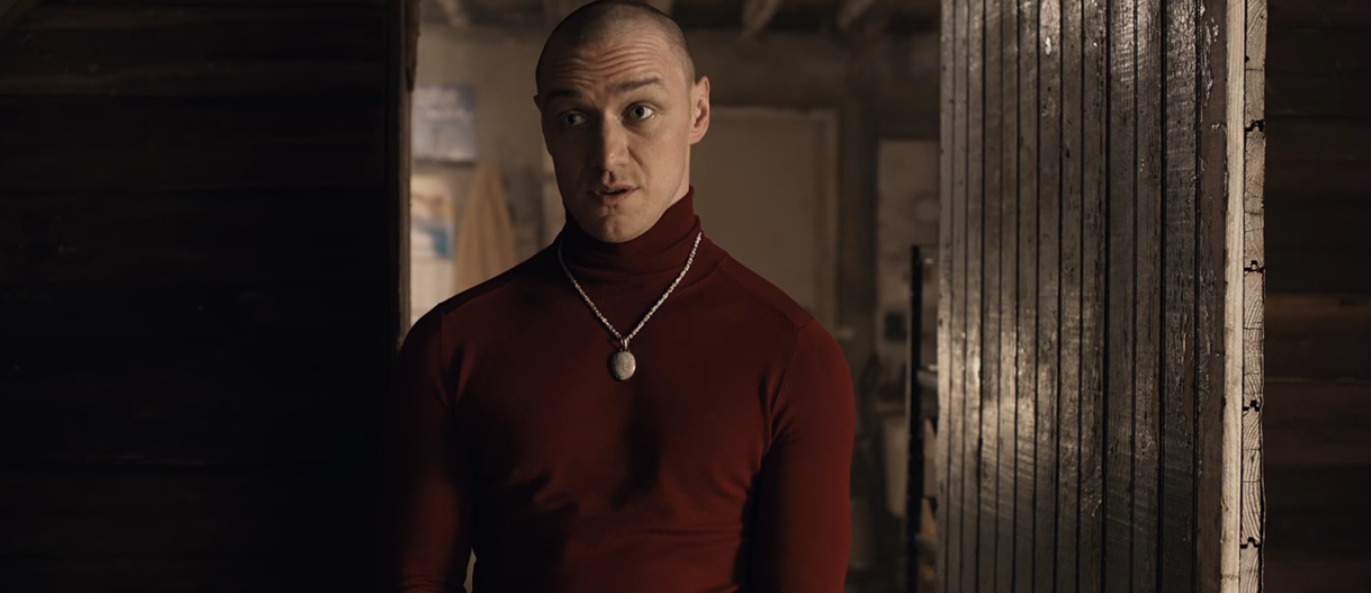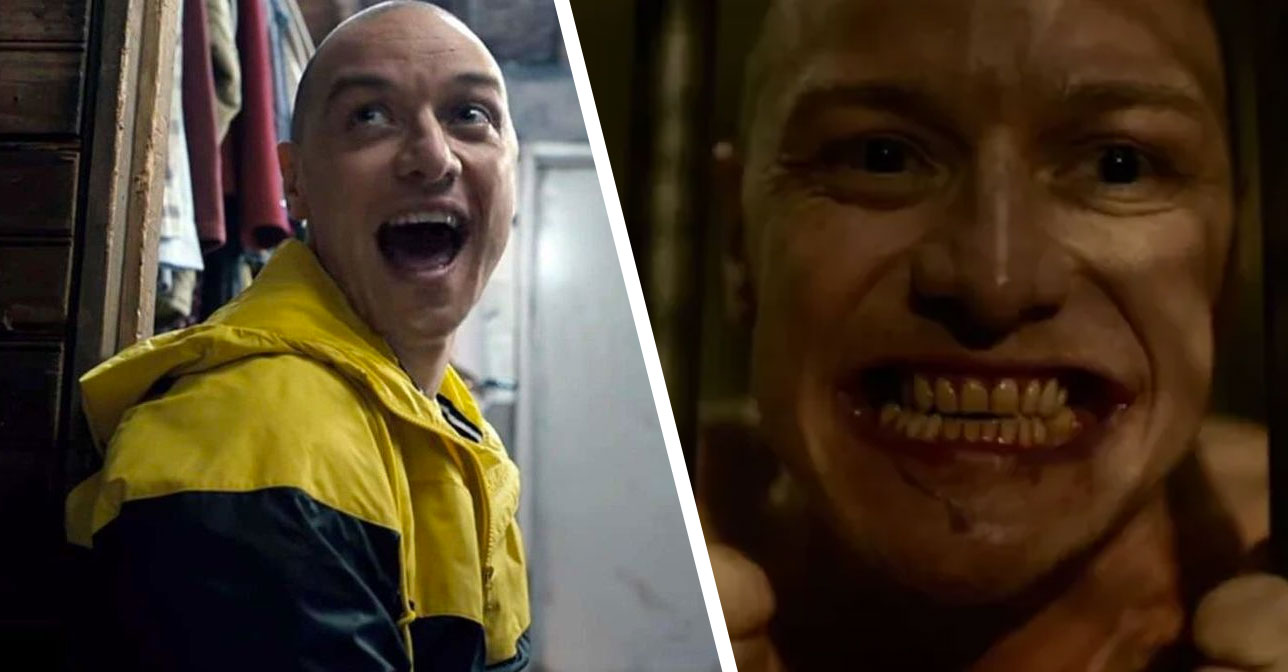A “Get Split off Netflix” petition is demanding the movie be removed for its portrayal of dissociative identity disorder. The film’s writer and director, M. Night Shyamalan, has been a well-known horror/sci-fi filmmaker ever since he burst on to the scene in 1999 with The Sixth Sense. However, in the years following Shyamalan’s Oscar-nominated success with The Sixth Sense, the filmmaker has acquired a bit of a cynical following.
That being said, Split is a pretty rubbish film. It essentially serves as an acting showreel for James McAvoy who is fantastic in it, but other than that it’s weird and uncomfortable and boring. Going further than that, it’s now under fire and basically being canceled.
Check out the trailer here:

At present, the petition has accrued just over thirteen hundred signatures toward its ultimate goal of fifteen hundred. The issue with the film isn’t the abuse of young women as you might have suspected, but rather that it’s offensive to those suffering from Dissociative Identity Disorder (DID), as they believe they’re being unfairly represented by McAvoy’s character(s).

The followup film Glass was also criticized for the same reason, but it appears to be less under fire than Split.
In response to the campaign, many people were angered at the implication that it should be removed.
https://twitter.com/imsuchahorror/status/1276196080548339713
How it really affects us?
While no rational person wants others to suffer for who they are or the disorders that affect them, it’s hard to believe that banning Split will change this. Furthermore, the film is a work of fiction, not fact. Nor does it ever attempt to represent itself as fact. Not everyone who watches a film like Split ends up believing people with numerous personalities are serial killers, and to assume the film does have that effect is unfair.
However, considering the number of signatures on the petition, it’s certain some fans feel otherwise. Even if Split isn’t removed from Netflix all together, it could help to have some sort of warning air ahead of the film, reiterating that it doesn’t represent the experiences of the majority of people with DID.









